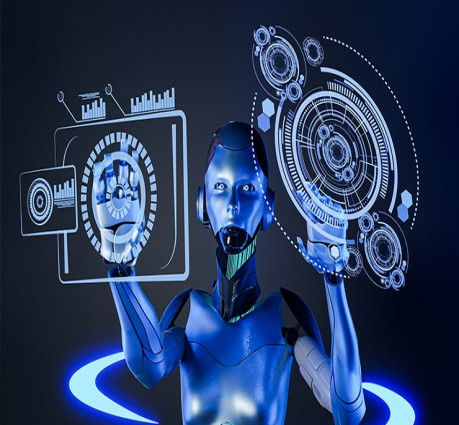The Bachelor of Engineering in Artificial Intelligence and Machine Learning is dedicated to advancing the fields of artificial intelligence and machine learning through research, education, and collaboration. Its interdisciplinary team of experts includes researchers, engineers, and data scientists, all working together to develop cutting-edge algorithms and models that can solve complex problems and drive innovation in various industries. The department also offers training and educational programs to equip individuals and organizations with the skills and knowledge necessary to harness the power of AI and ML and actively collaborates with other academic and industry partners to push the boundaries of what is possible in these rapidly evolving fields. Ultimately, the Department of AI and ML is committed to creating a future where intelligent machines and algorithms work alongside humans to create a better world for all.
Duration of programme
Level of Study

Programming languages: You may learn programming languages such as Python, R, and MATLAB, which are commonly used in AI and ML.
Optimization methods: Optimization methods are used to find the optimal solution for a problem, and you may study techniques such as gradient descent and convex optimization.
Linear algebra: Linear algebra is a branch of mathematics that deals with linear equations and matrices and is used extensively in machine learning algorithms.
Probability and statistics: Probability and statistics are fundamental to understanding the concepts of AI and ML, and you may study topics such as probability theory, hypothesis testing, and regression analysis.
PO1: Engineering Knowledge: Apply foundational engineering principles to solve complex problems in data science and related fields.
PEO1: Graduates will demonstrate strong proficiency in AI and ML technologies, algorithms, and software development.
PEO2: Graduates will effectively apply AI and ML techniques to solve real-world challenges across various domains.
PEO3: Graduates will uphold ethical standards and consider societal impacts while developing and deploying AI systems.
PEO4: Graduates will engage in continuous learning to stay current with technological advancements and industry trends.
12 th in PCM with 45 %(40% in case of SC/ST)
3 year diploma in any stream